
Rie Kudan is a Japanese author.
She recently won the Akutagawa Prize.
You win those by writing really good novels.
During her acceptance speech, she revealed that around 5% of her Akutagawa Prize-winning novel, ‘The Tokyo Tower of Sympathy,’ was composed using generative AI, specifically a chatbot program like ChatGPT.
“Probably about 5 percent of the whole text is written directly from the generative A.I. I would like to work well with them to express my creativity.”
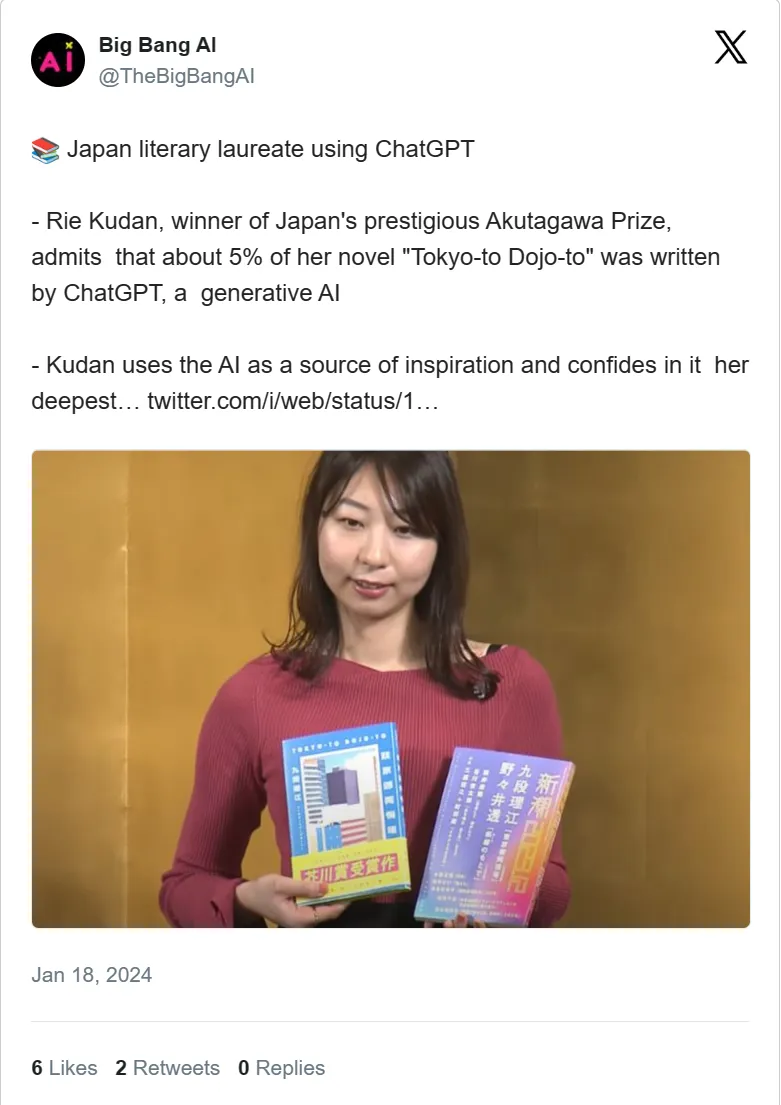
I am confused as I am surprised.
So many questions flooded my brain at once.
You can do that?
You can literally use AI to help write a novel to win awards?
The competition rules allow for that?
Why would she even admit that?
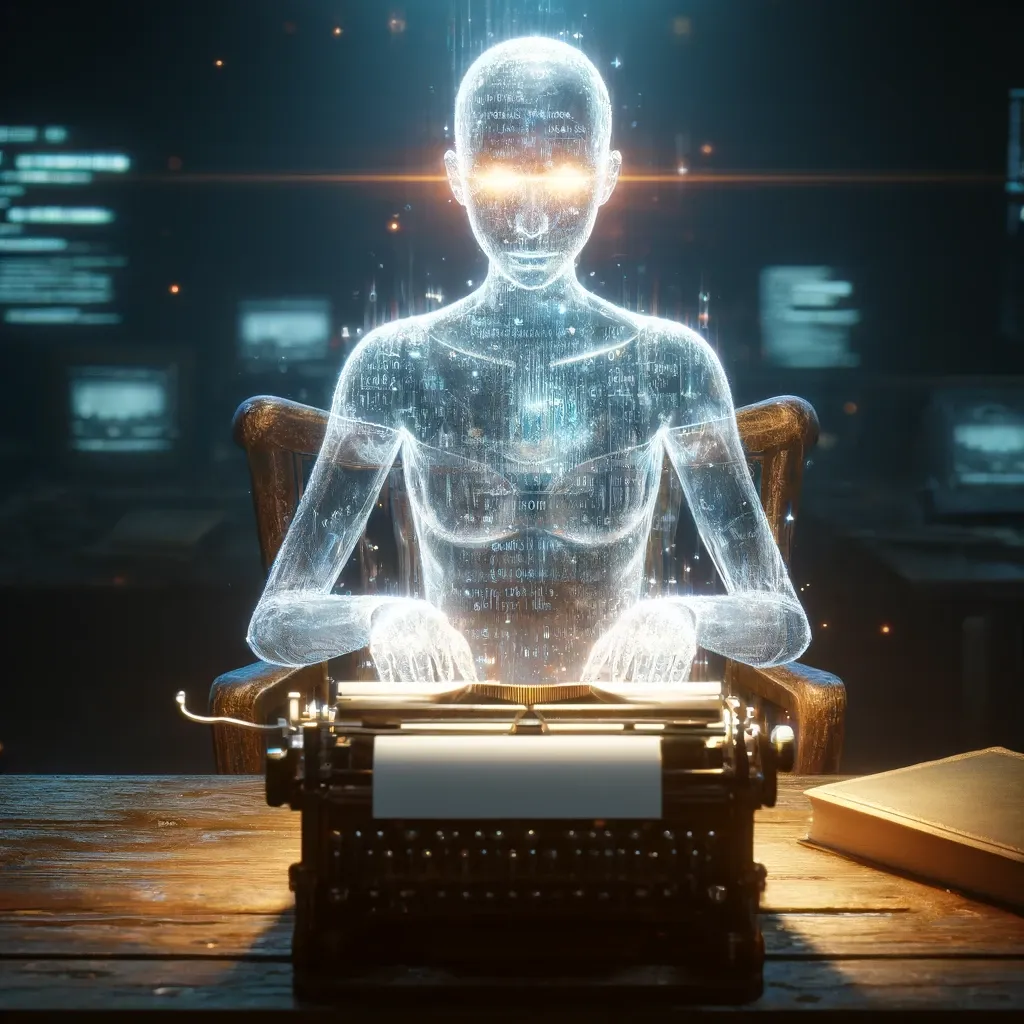
Especially during her acceptance speech?
This disclosure has sparked a debate in the literary world, challenging traditional notions of authorship and creativity.
Kudan’s novel, set in a futuristic Tokyo where AI is ubiquitous, interweaves human and AI-generated narratives.
Her candid admission about using AI as a co-author blurs the lines between human and machine creativity.
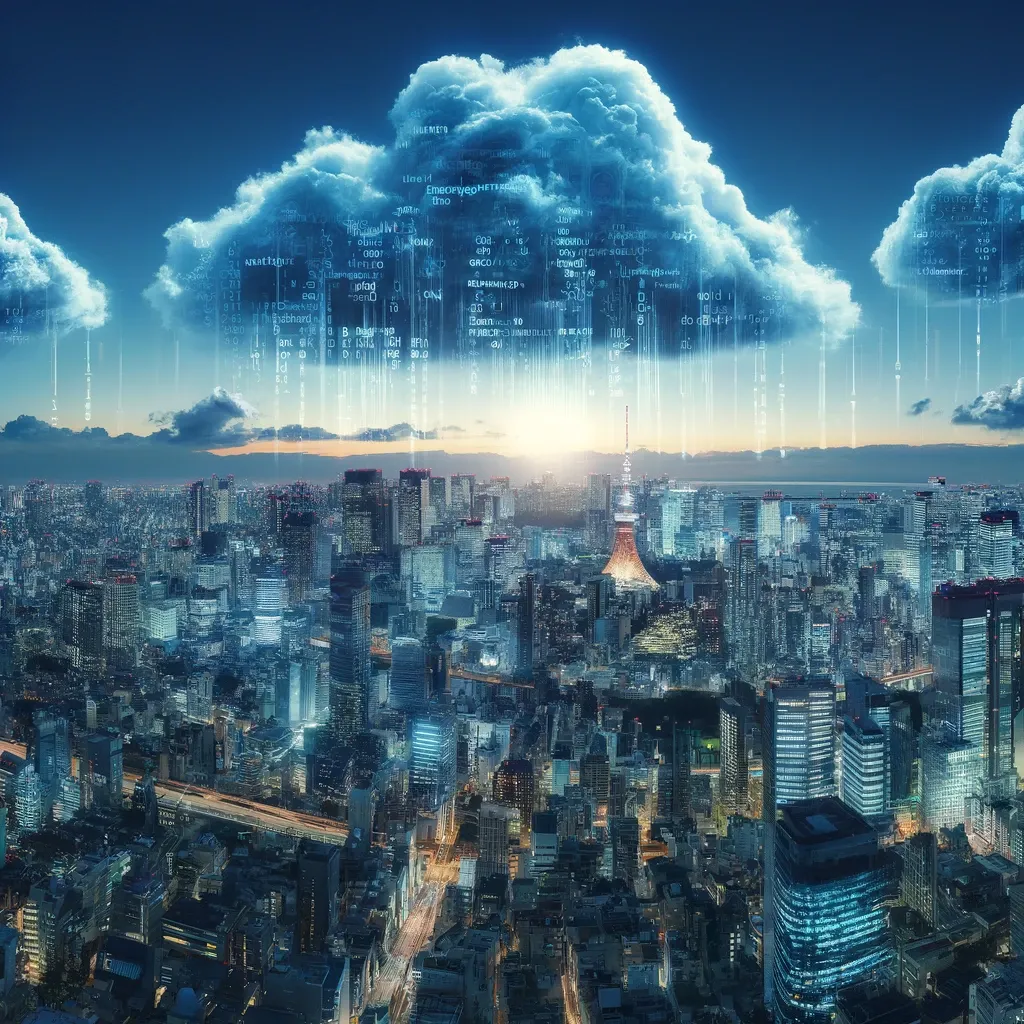
Where do we draw the lines between human creativity and AI-assisted creativity?
It opens a Pandora’s box of ethical and artistic considerations.
While AI’s role in assisting with ideas and writing structures is not entirely new, the extent of its involvement in Kudan’s novel brings this issue into sharper focus.
So if she uses ChatGPT for 5% it is fine.
What about 15%?
Or 25%?
At what point do we say its no longer her actual work?
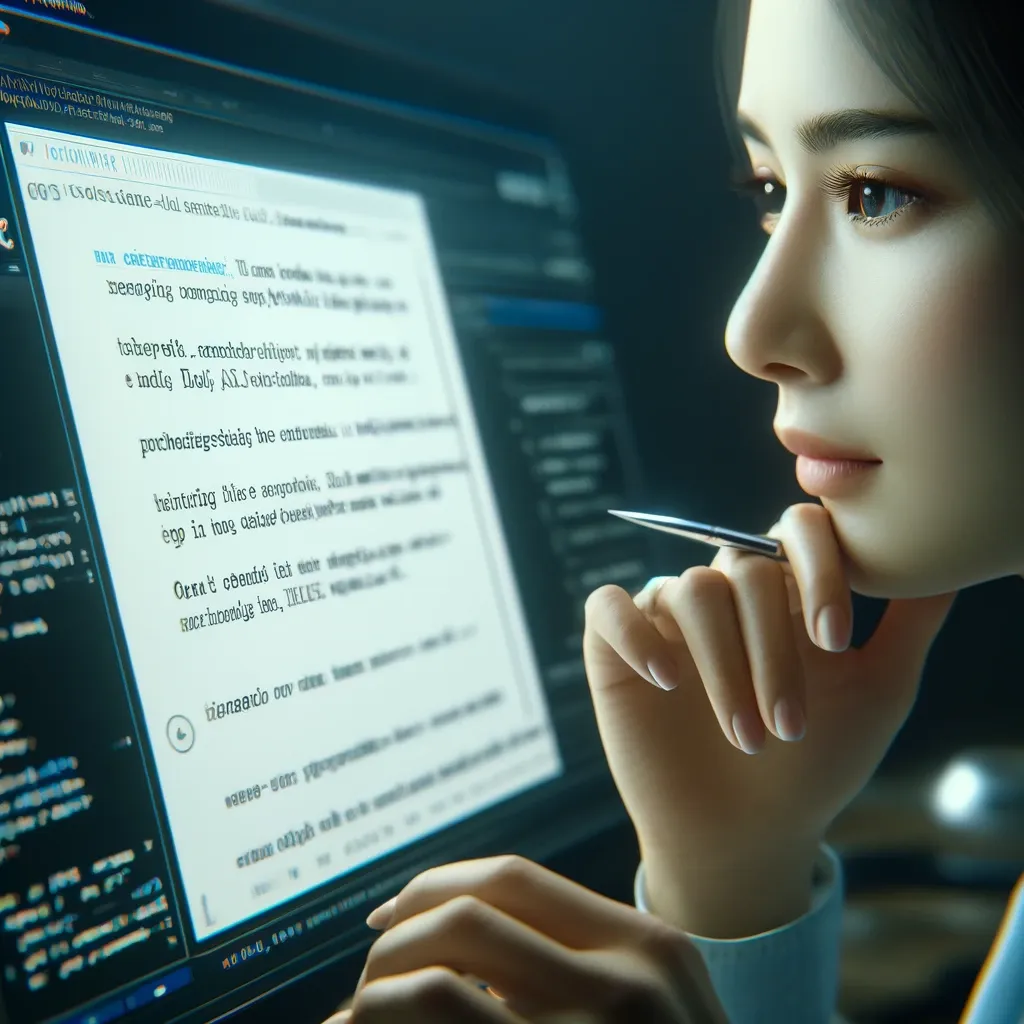
The use of AI in literary creation is not without precedent.
Last year, a Chinese professor generated a novel using AI, sparking similar discussions.
The growing trend of AI-assisted writing is reshaping how stories are told and who gets to tell them.
However, it also raises questions about originality and the essence of human creativity.
If a significant portion of a work is generated by AI, who truly ‘owns’ the story?
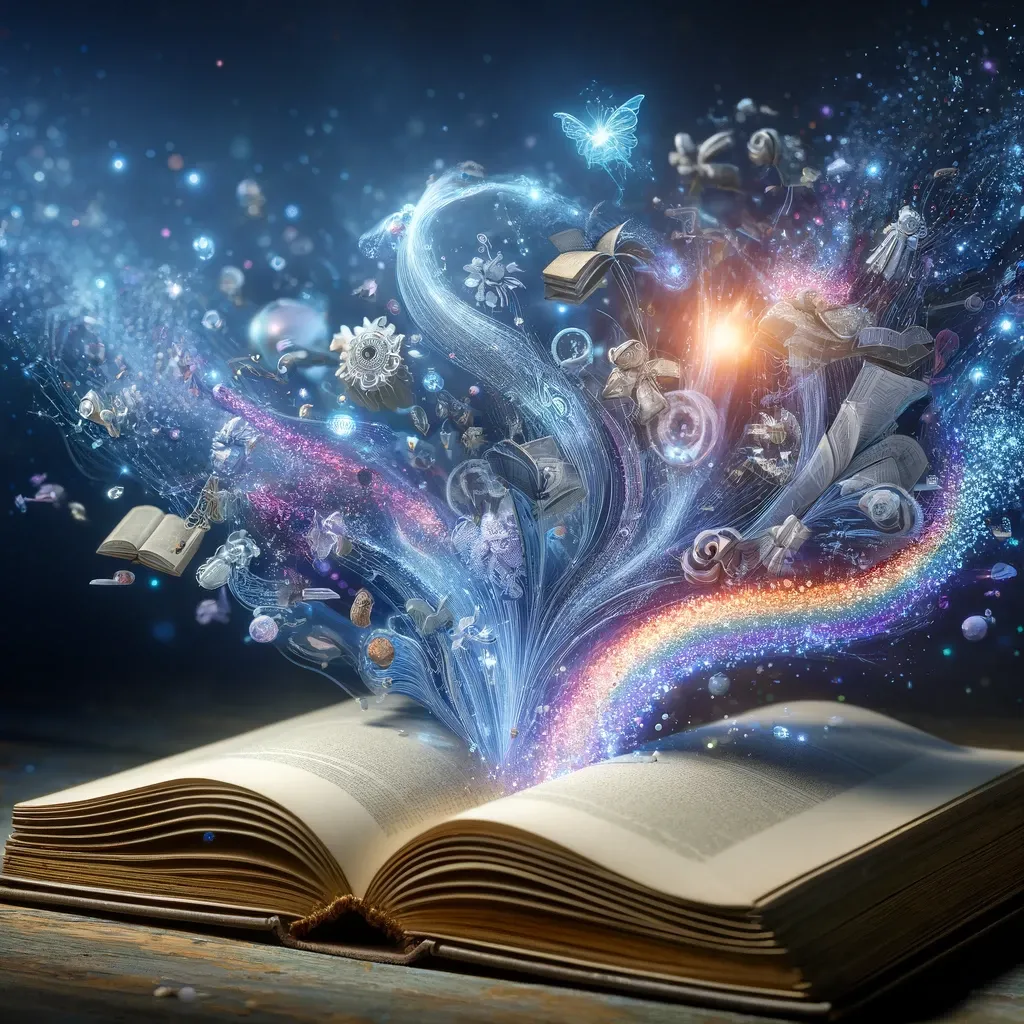
The literary world is responding with caution.
Some literary award groups are re-evaluating their submission terms, considering rules around AI-generated content.
While AI can enhance the creative process, there’s apprehension about its potential to supplant human creativity.
I think it is going to be hard to differentiate in the future.
We live in an era where boundaries between human and machine are increasingly porous.
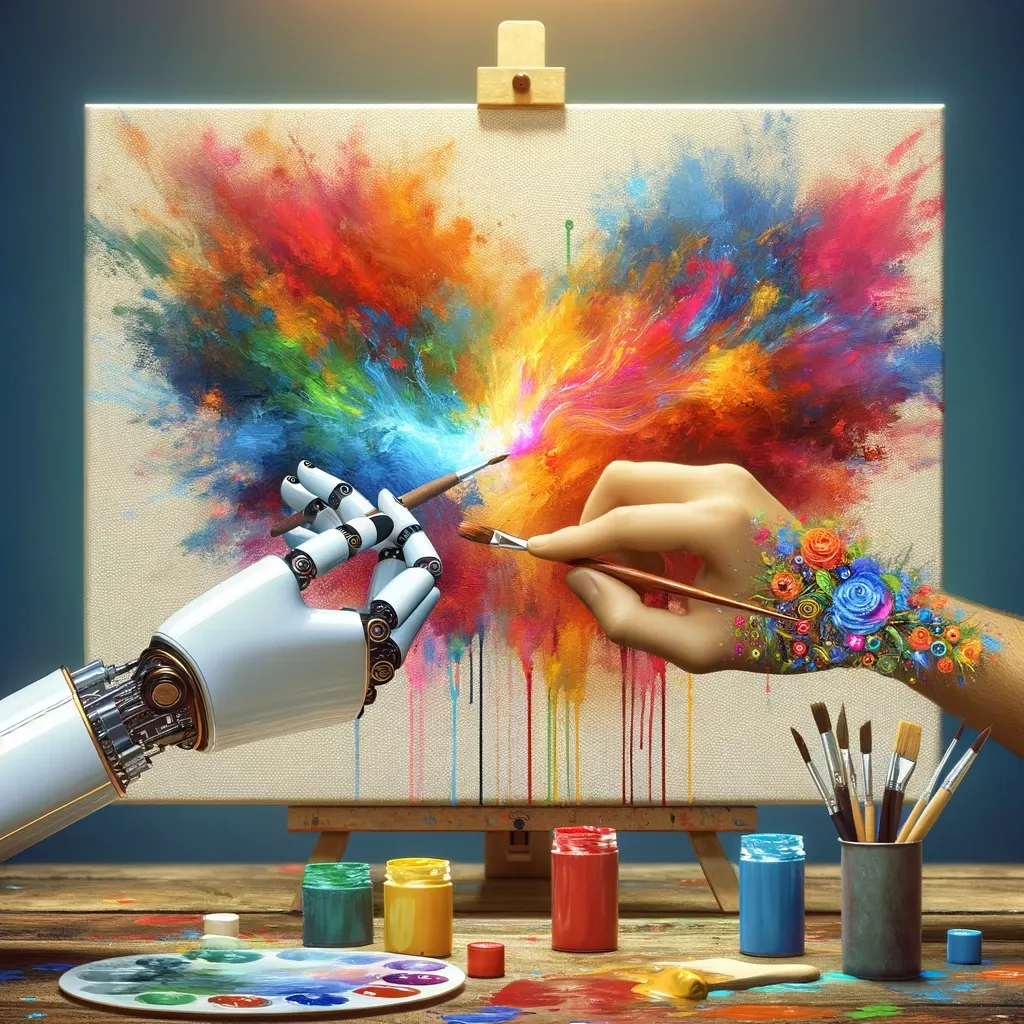
AI’s involvement in creative endeavors reflects our deepening reliance on technology.
Yet, it also prompts us to question the value we place on human touch in art.
As AI continues to evolve, we must consider how it will shape our stories and, in turn, our understanding of ourselves.
Will AI enhance, dilute or destroy our creativity?
-
Do you use any AI for your work now?
-
#ArtificialIntelligence #Literature #GenerativeAI #CreativeWriting #AkutagawaPrize #RieKudan #ChatGPT #HumanVsMachine #AIInArts #FutureOfCreativity #AIAssistedWriting #EthicsInAI #Storytelling #InnovationInLiterature #Authorship #TechImpact #AIInLiterature #DigitalCreativity #MachineLearning #NarrativeAI #AIAndEthics #AIInnovation #LiteraryAwards #CreativeEthics #AIAndCulture #FutureOfArt #AIAndHumanity #DigitalStorytelling


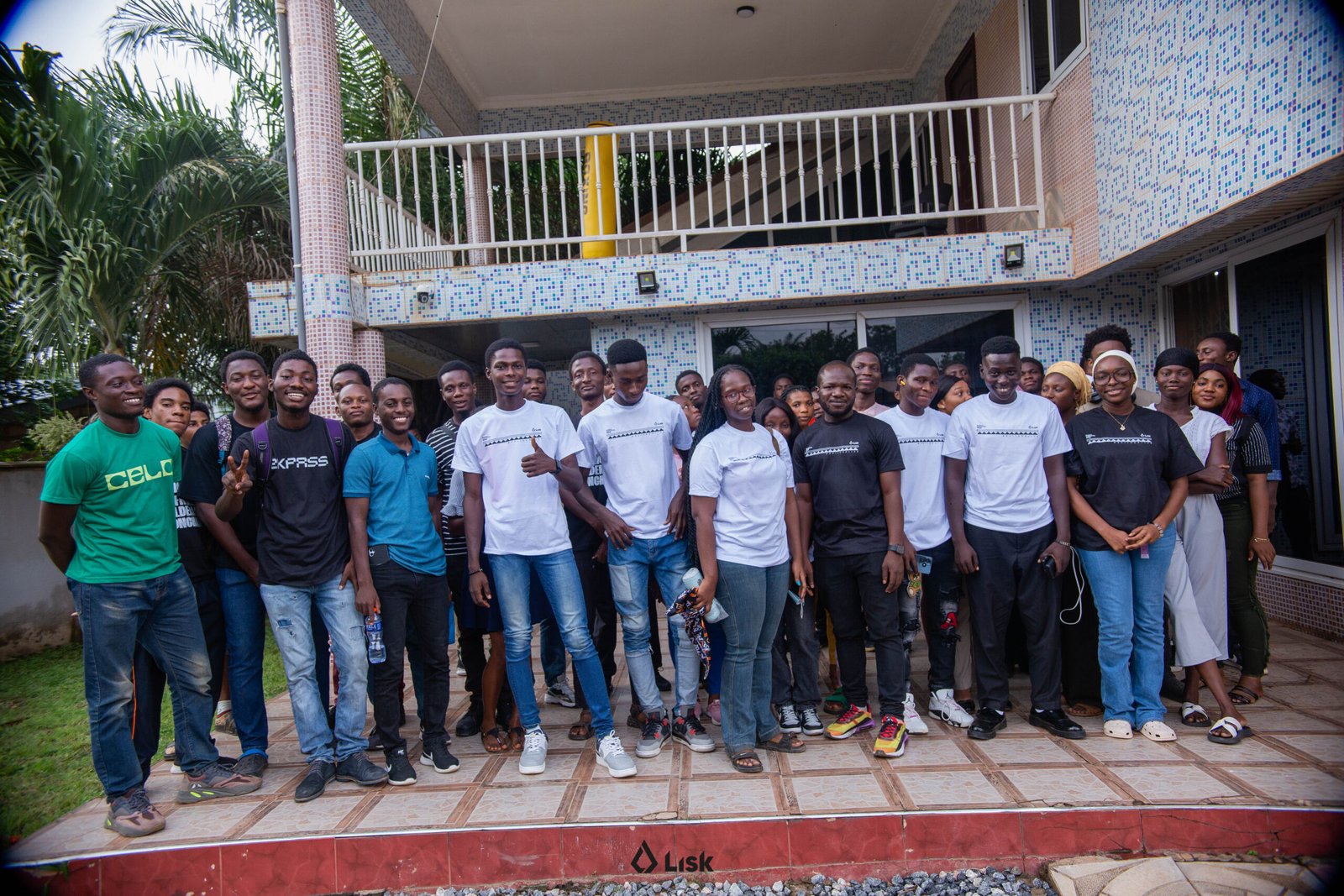

评论 (0)